Bringing DJing to schools to reverse the decline in students taking GCSE and A-Level music
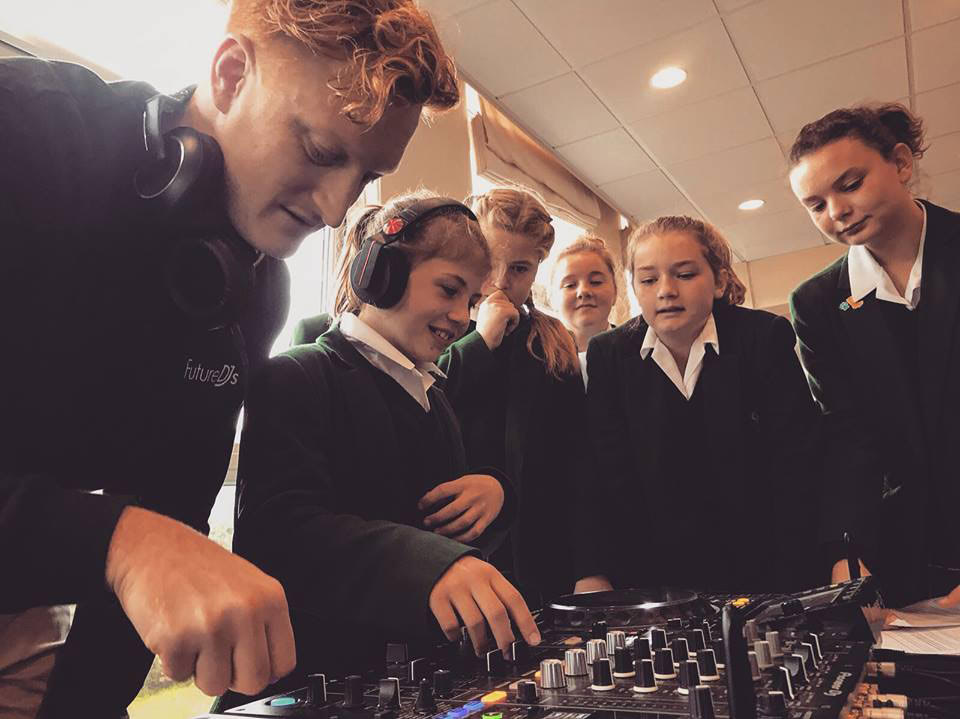
In 2017 only 1 in 20 students took GCSE music. FutureDJs intends to change that with their pioneering programme bringing professional DJ and Music Production tutors into schools.
The tutors deliver a unique programme of study created by professionals, starting at Key Stage 2 and running through to Key Stage 5, in accordance with the new AQA, OCR and Eduqas GCSE music specifications.
FutureDJs is passionate about engaging young people with music. They aim to reverse the sharp decline in music education, making music lessons accessible and relevant to all young people, and ultimately increasing the number of students who go on to take (and pass) music GSCE and A-Level.
DJing can have a profound and transformative effect on young people; in some cases, it can open a whole new direction in life. Decks can provide focus for a student who may otherwise be disengaged from education. For others it may just shed light onto a world of electronic music that is now worth over $7 billion.
Learning to DJ is similar to learning any other instrument. When DJing is learnt with the right intentions and taught in the right way – with a passion for electronic music at its heart – it can instil the skills and mentality of a musician.
However, despite the huge interest from students to get into music – at each school around 120 students register their interest – very few teachers have the practical skill, knowledge or resources to deliver. FutureDJs bridge this gap by sending their own visiting music tutors into secondary schools nationwide; providing structured, curriculum focused lessons, just like tutors of any other musical instrument.
In recent years the UK examination boards AQA and OCR introduced DJing into the GCSE national curriculum. The importance of this should not be underplayed; DJ decks are now recognised as a formal instrument and can therefore be assessed in schools.
Learning to DJ may not teach you about Western classical notation, but it will teach you how to listen, improvise and compose and it will inspire a love and passion for music that can be taken in any direction. The best DJs have an exceptional and instinctive understanding of harmony and rhythm and, above all else, composition.
DJs compose, perform and improvise with decks when mixing tracks together; first we listen to the two tracks individually, then we assess how they may sound when blended together, next we compose by imagining how we can affect each track to achieve our desired effect. Finally, we turn the dream into reality and perform the mix aloud, continually adjusting the sounds as we hear them.
The Future DJs programme is split over 36 twenty-minute sessions in an academic year, typically costing £15 per session. The team includes professional DJs Austen and Scott Smart who have collaborated with Grammy nominated artists, performed in some of the world’s top venues and licensed music to multinationals.
Together with their third co-founder, serial-entrepreneur Shaun Marsden, FutureDJs has been awarded a place on the Virgin Start Up incubator programme, received backing from Pioneer (the market leader in DJ technology), and angel investment from the former Commercial Director of TheTrainline.
FutureDJs is now crowdfunding to take their unique, pioneering programme into more schools around the UK and to create a foundation that will enable them to teach children in poorer areas where no funding is available.


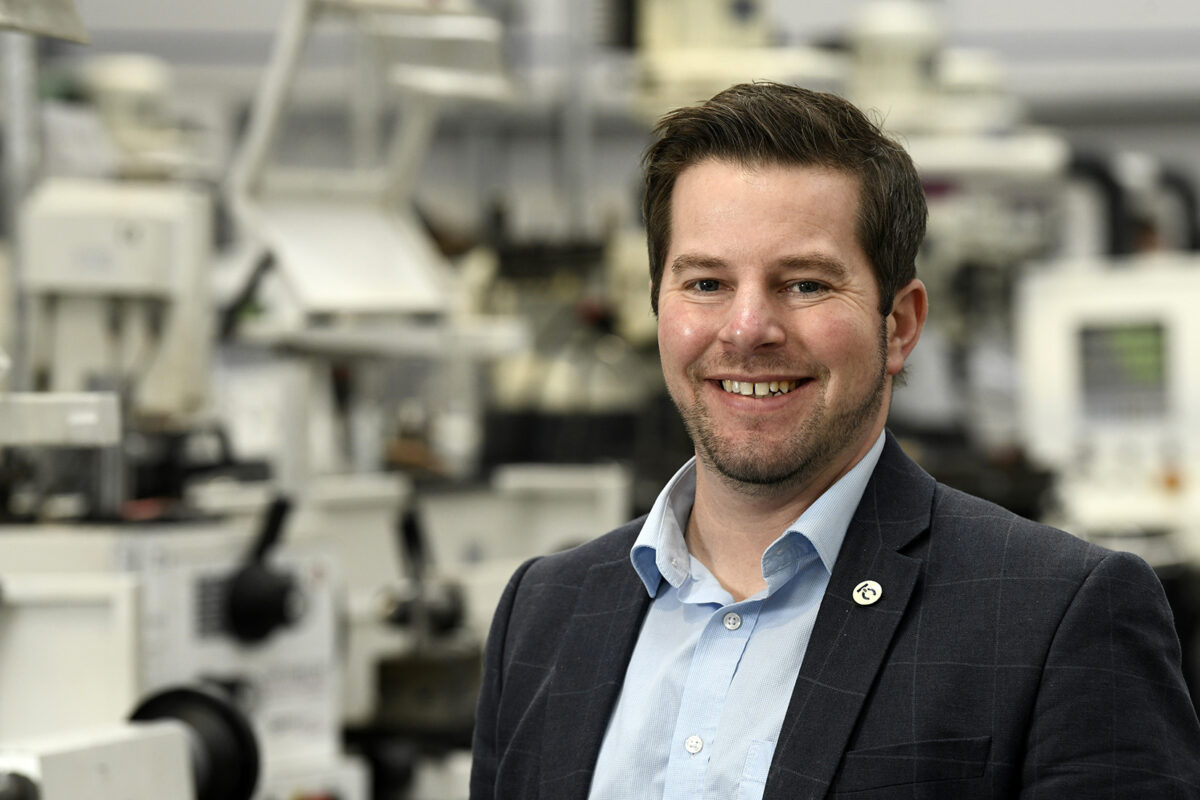
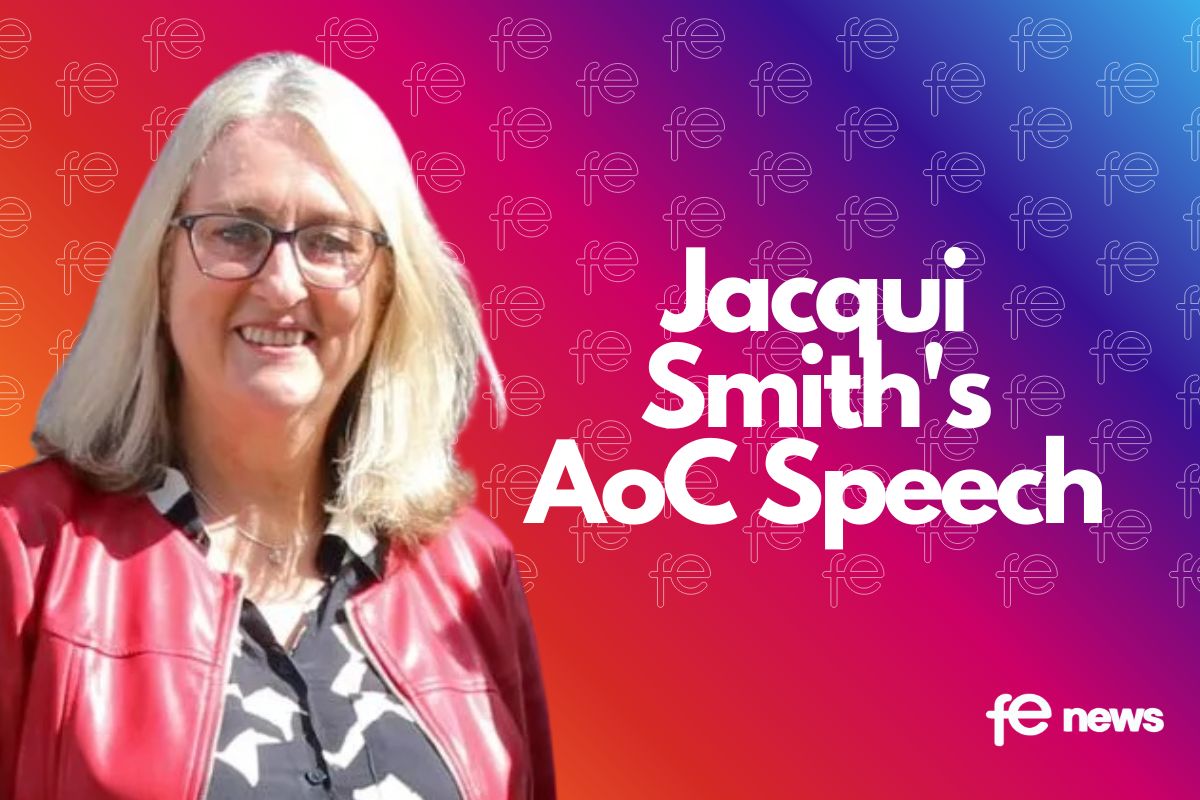
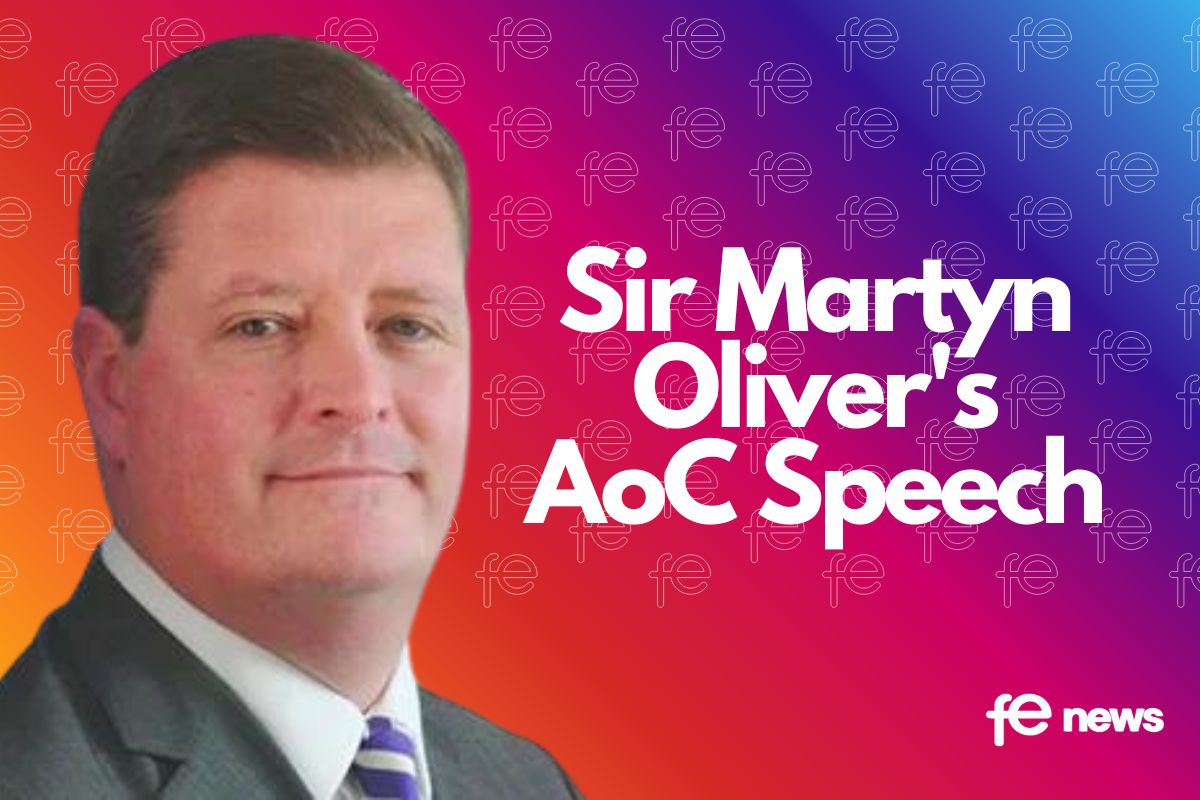
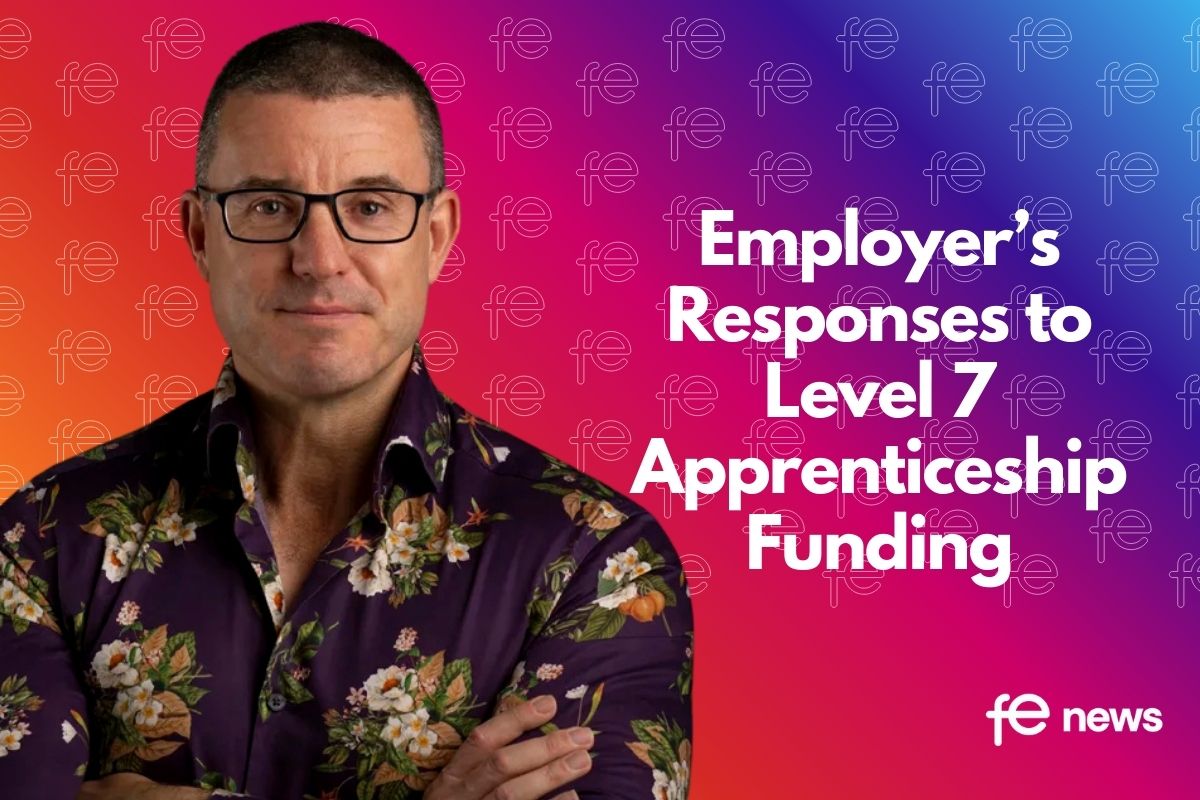

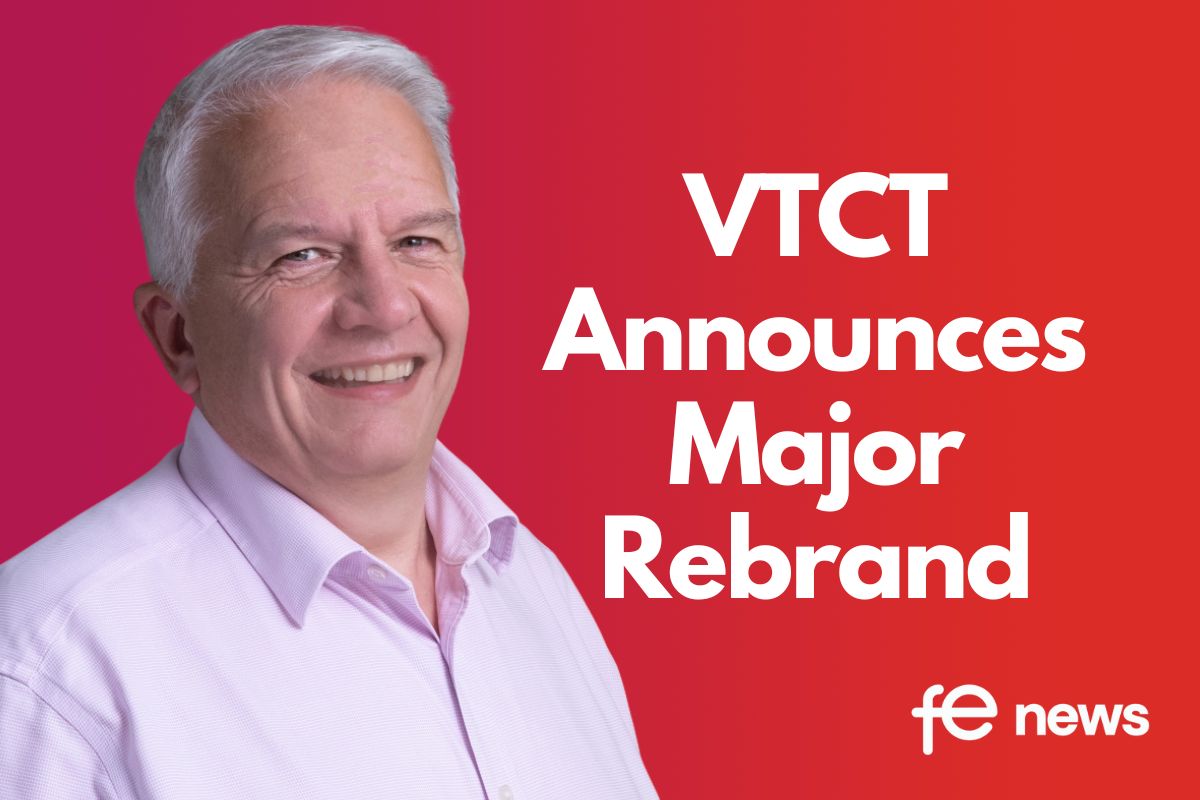
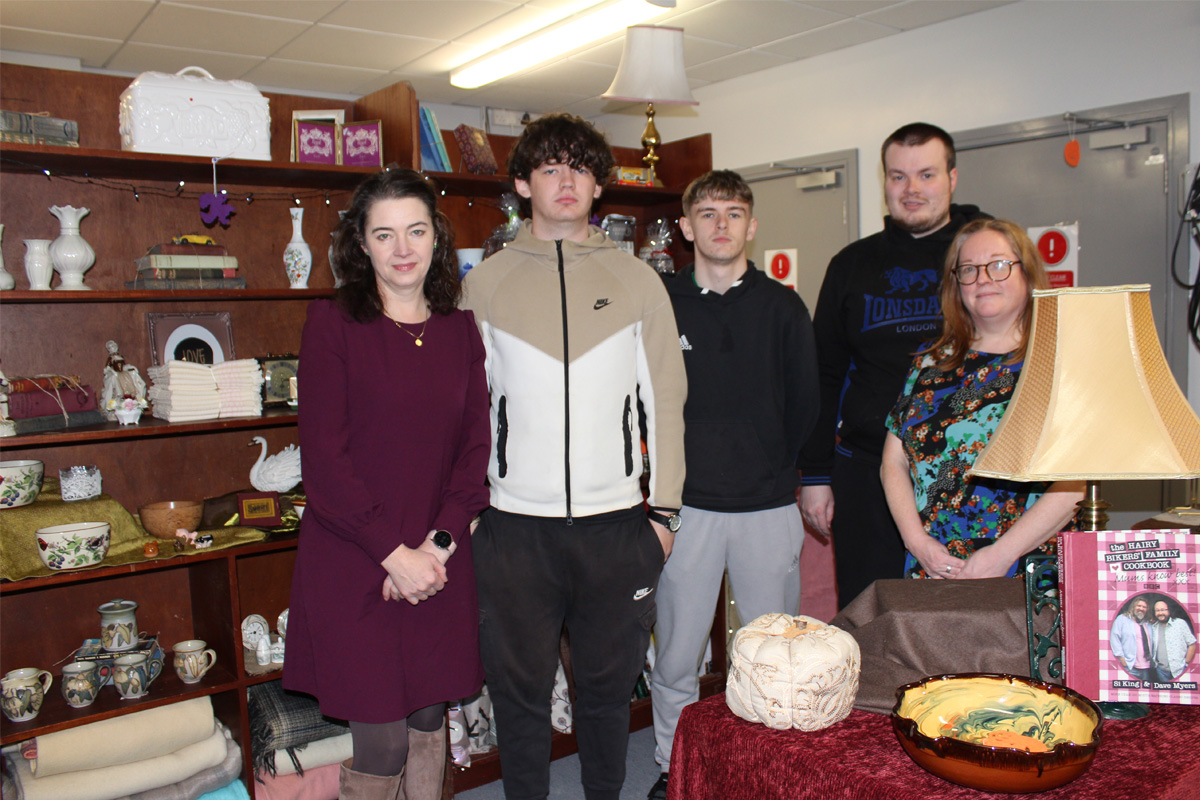
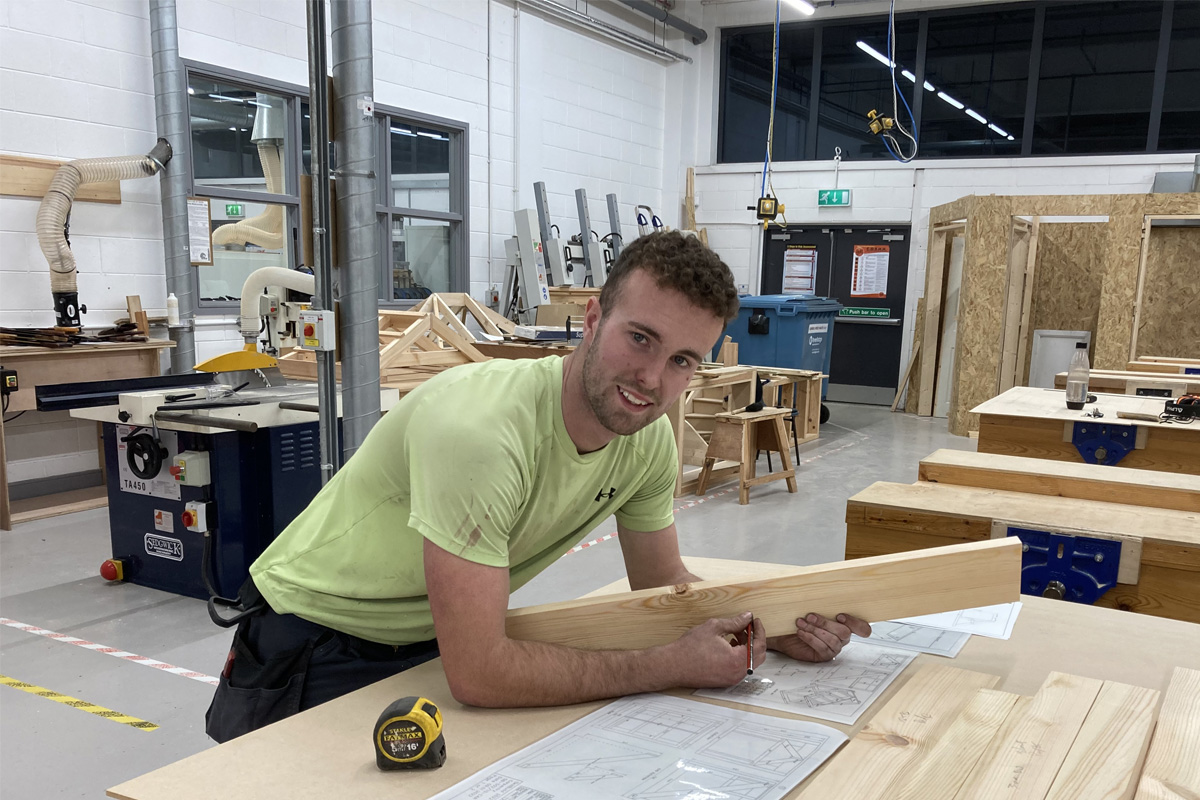
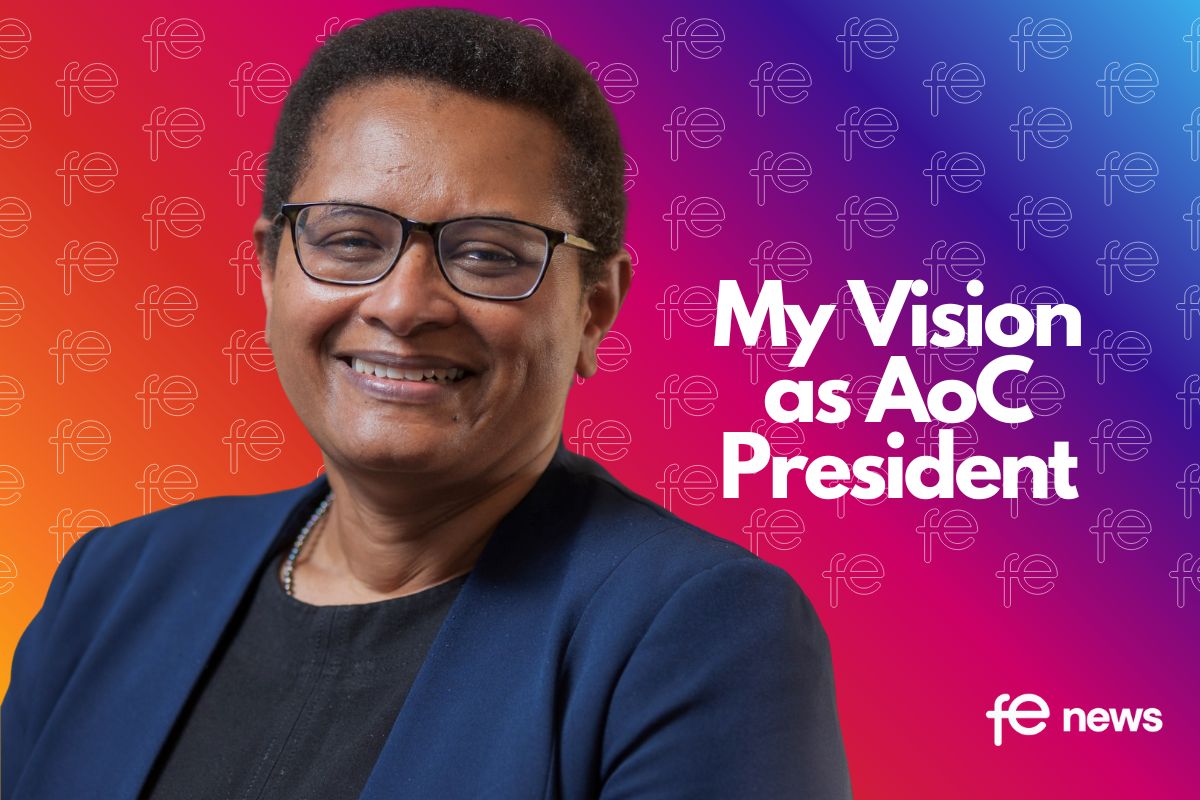
Responses